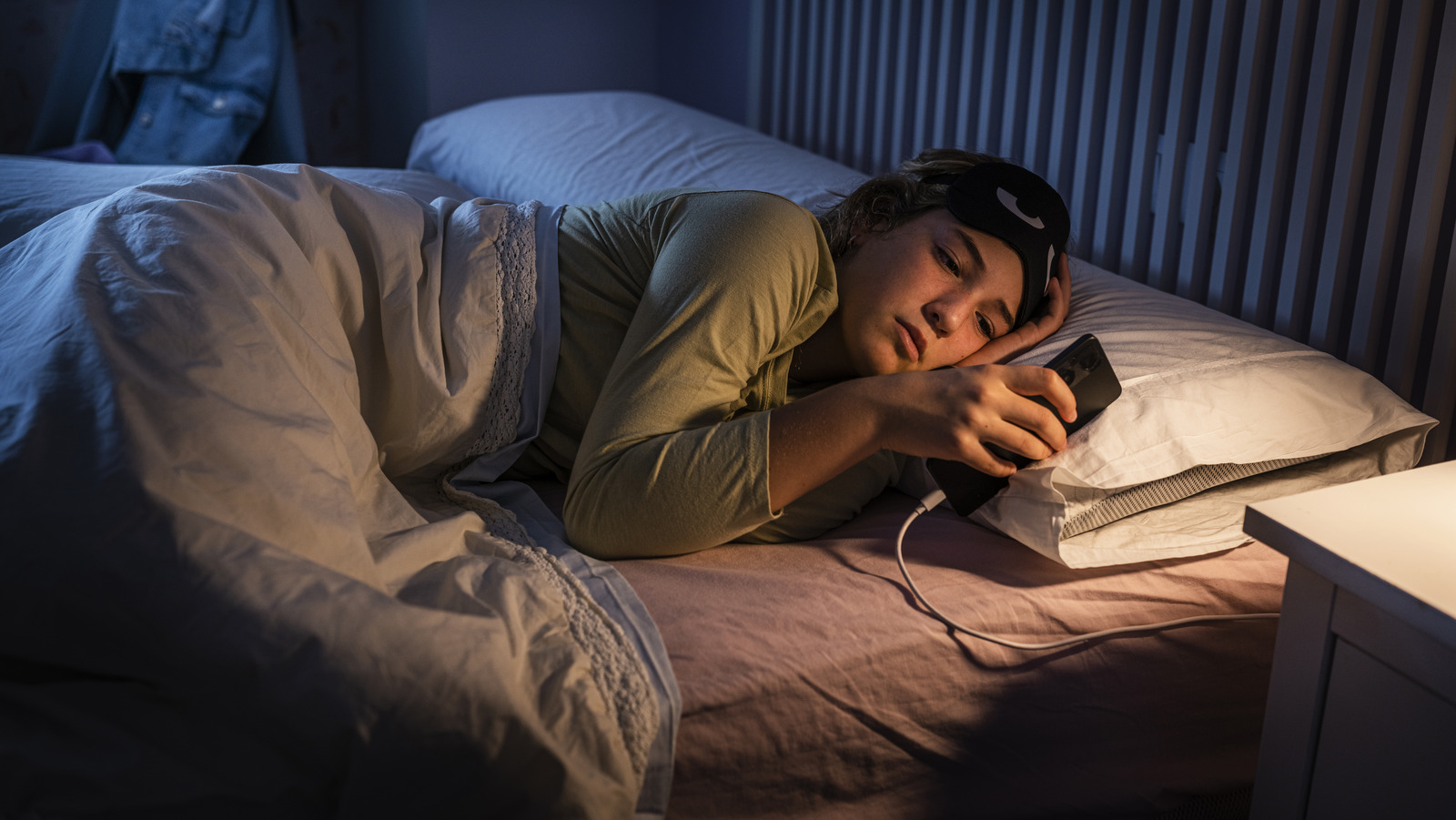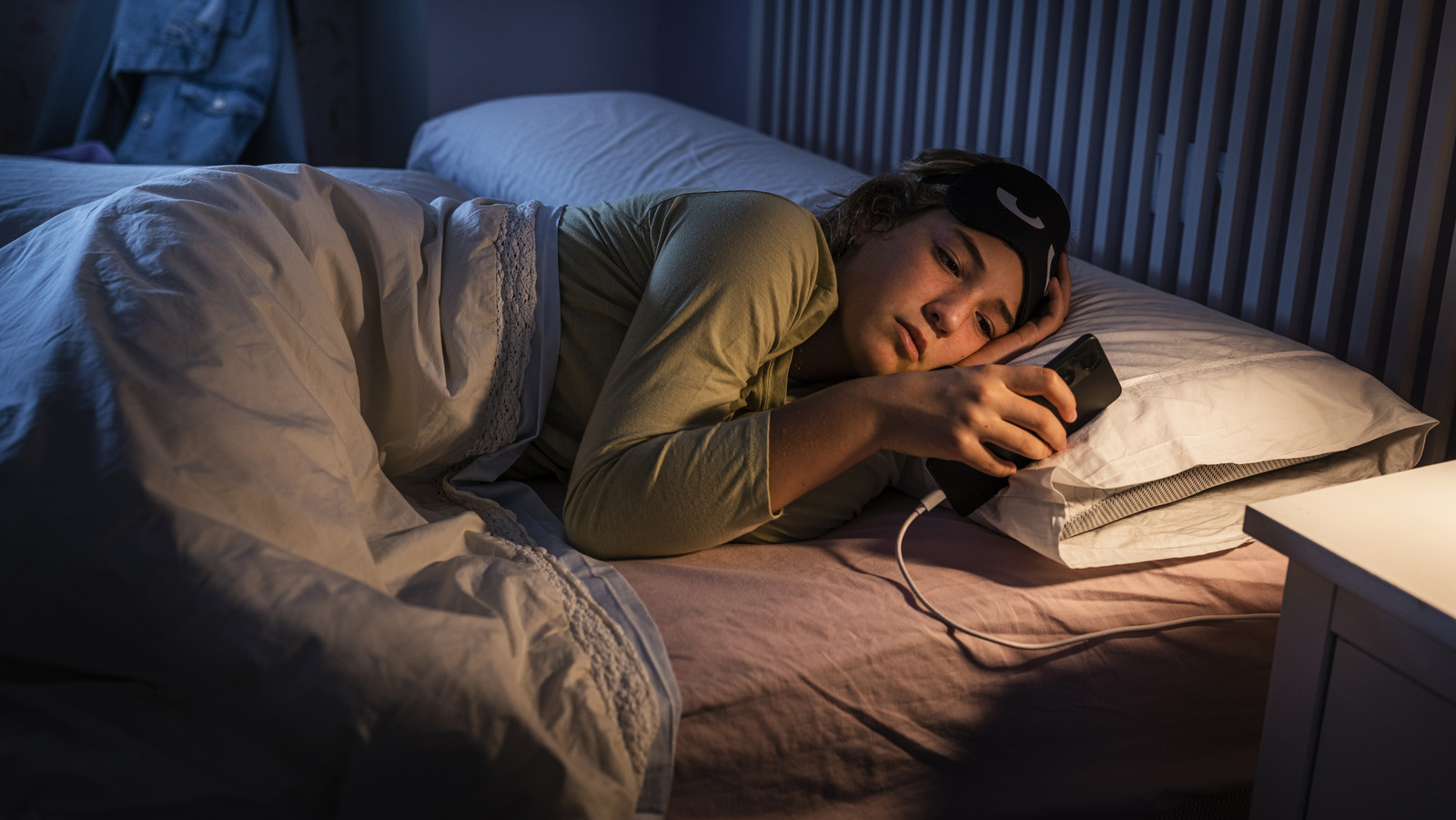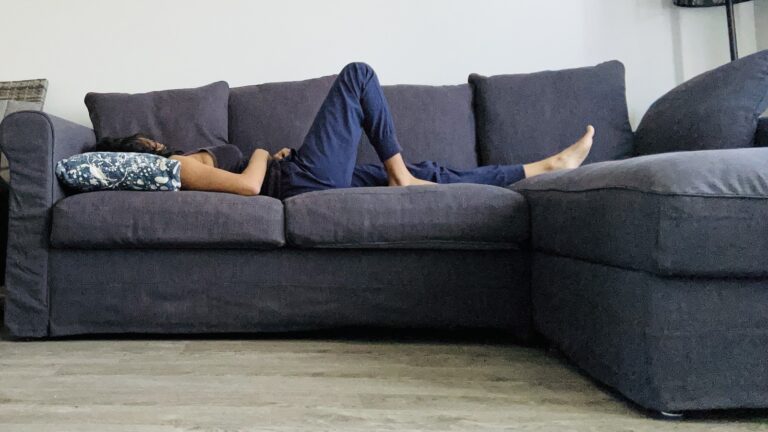
In the 2023 study, the data was focused on a nine-month period encompassing over 12,000 adults, predominantly middle-aged men who were overweight, with and without high blood pressure, from 20 countries. A 34-minute delay in getting to bed increased the participants’ risk of high blood pressure by 32%, while a 90-minute delay or longer saw a 92% increased risk.
While science isn’t entirely sure how postponing sleep times can cause a spike in blood pressure, there are a few theories as to why this may happen. As explained by Dr. Clete Kushida, chief and medical director at the Stanford Division of Sleep Medicine, it could be connected to disruptions in your circadian rhythm (via Health). Maintaining a regular sleep schedule ensures you wake up at roughly the same time every day and get sleepy at roughly the same time every night. This not only ensures that you get the recommended hours of sleep every night but also keeps your body’s internal 24-hour clock (your circadian cycle) fairly consistent. Your circadian cycle also influences things like appetite, hormone release, etc. Not being able to regulate blood pressure could also be one of the side effects of disruptions to this clock, per Dr. Kushida.
This also explains why night shift workers who experience circadian rhythm misalignment are more prone to having high blood pressure. A higher risk of elevated blood pressure was also observed in a selection of 2,000 Mexican adolescents who had bedtimes at 11 p.m. or later, per a 2020 study published in the American Journal of Hypertension.























